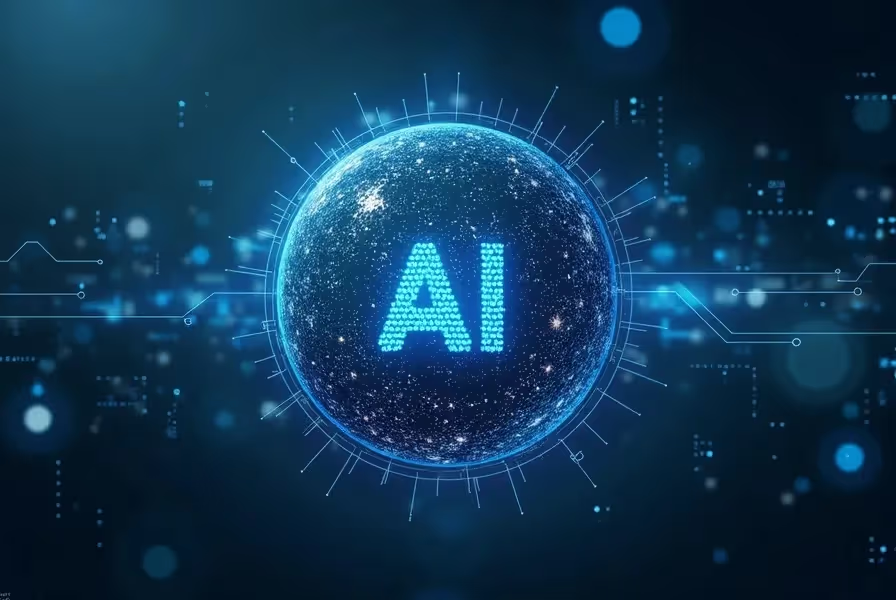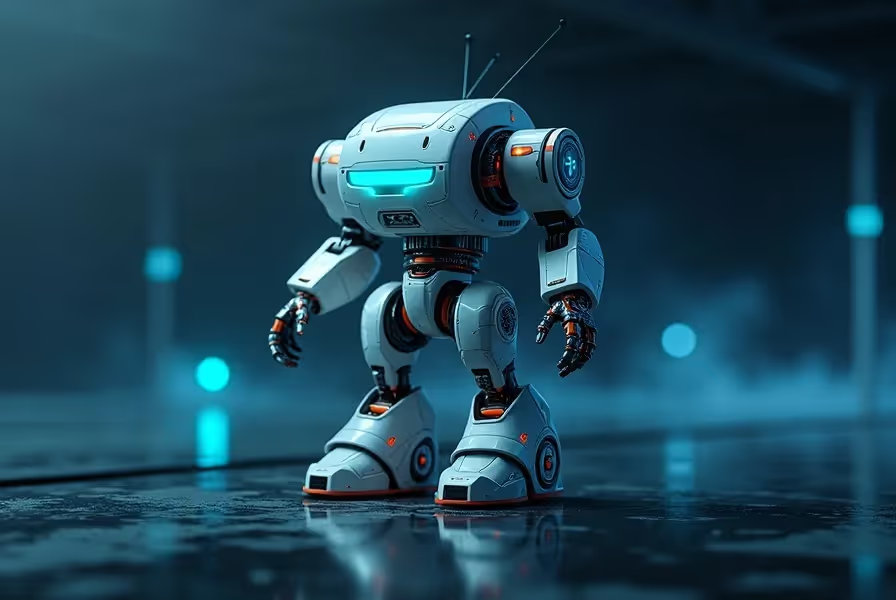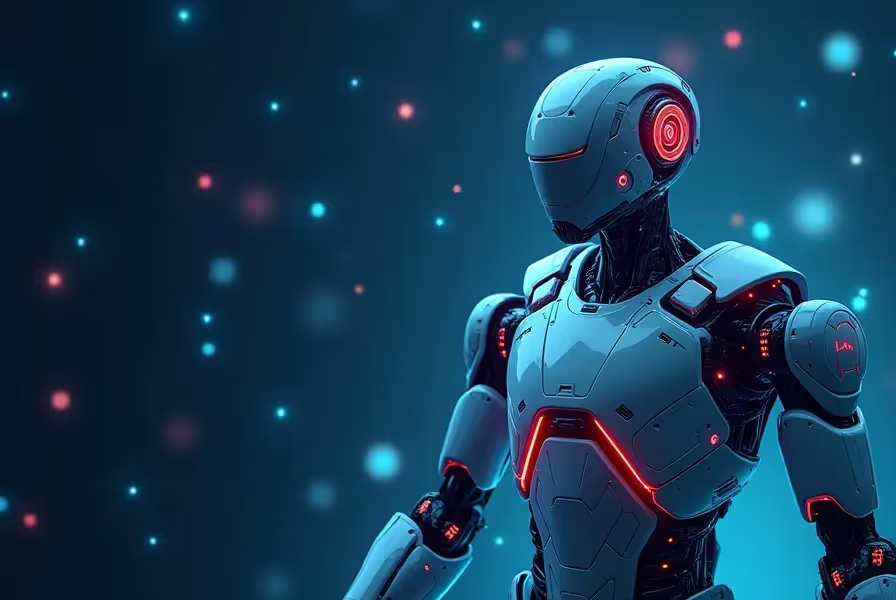Understanding the Impact of AI on the Future Job Market
Artificial Intelligence (AI) is evolving rapidly. As it continues to grow, it's important to understand how it affects employment. You may wonder, “Which jobs will AI replace by 2030?” Knowing what roles are at risk can help you prepare. You can focus on skills that are still uniquely human.
This blog highlights jobs that AI could replace, explains why, and offers ways to future-proof your career. Let's explore the future job landscape shaped by automation, machine learning, and AI technologies.
Why AI Will Replace Certain Jobs
AI is designed to process large volumes of data, recognize patterns, and perform tasks faster and more accurately than humans. Jobs that involve repetitive, routine work are especially at risk. Here’s why these roles are targeted for automation:
- They require little to no human judgment
- They are based on predictable rules or procedures
- They can be trained using historical data
- They offer cost-saving opportunities for businesses
The impact of artificial intelligence will not be uniform across every sector. Fields like manufacturing, customer service, or data entry are more vulnerable to automation than creative or strategic roles.
High-Risk Jobs AI Could Replace by 2030
Based on current trends in AI development, here are the job roles most at risk by 2030:
- Telemarketers: AI voice systems already handle cold calls and inquiries with accuracy and persistence.
- Data Entry Clerks: OCR and automation software can quickly enter, check, and organize data.
- Retail Cashiers: Self-checkout systems and automated payment technologies are replacing traditional cashier roles.
- Customer Support Agents: AI chatbots are handling basic customer service questions at scale.
- Delivery Drivers: Autonomous vehicles and drones are under development for widespread use by 2030.
- Bookkeeping Clerks: Accounting software powered by AI handles invoicing, payroll, and budget tracking.
- Manufacturing Workers: Robots can assemble, weld, and inspect products with precision.
- Travel Agents: Online booking systems and AI-powered suggestions have reduced the demand for travel agents.
Safe Jobs That AI Is Less Likely to Replace
While automation will impact some industries, other professions are safe. These jobs require creativity, emotional intelligence, strategic thinking, or human judgment—all areas where AI lacks competence:
- Healthcare Professionals: Doctors, therapists, and nurses rely on empathy and complex decision-making.
- Creative Professionals: Writers, designers, and artists generate new ideas and emotionally resonant work.
- Educators: Teaching requires empathy, adaptability, and student engagement that AI cannot replicate.
- Skilled Trades: Electricians, plumbers, and carpenters work in dynamic environments that AI cannot easily control.
- Mental Health Workers: AI cannot understand human emotions the way a counselor or therapist can.
- Senior-Level Managers: Leadership requires strategic thinking, vision, and people management.
Most Frequently Asked: Will AI Take Over All Jobs?
No, AI will not replace all jobs. Many tasks require a human touch—empathy, ethics, creativity, and interpersonal communication. The workplace will change, but humans will remain essential.
AI will support your work, not erase it. In fact, new industries and job categories will emerge, just as they did in past technological revolutions. Roles in AI ethics, data science, cybersecurity, and human-AI collaboration are on the rise.
What Skills Should I Learn to Stay Ahead?
To stay relevant, focus on developing the following future-proof skills:
- Critical Thinking: Evaluate issues, solve problems creatively, and make smart decisions.
- Emotional Intelligence: Understand and manage emotions in personal and workplace settings.
- Digital Literacy: Get comfortable using AI tools, software platforms, and emerging tech.
- Communication: Write, present, and collaborate well across teams and technologies.
- Adaptability: Be open to new ideas and willing to learn continuously as roles evolve.
By combining technical knowledge with people skills, you’ll position yourself for long-term success—even in industries that will use more AI.
Can You Prepare for an AI-Powered Career?
The best way to prepare for job market changes is to take a proactive, learning-based approach. Upskill regularly and be open to change. Here are action steps to get started:
- Stay current with industry trends and AI developments
- Take online courses in AI, cloud computing, or cybersecurity
- Engage in projects that build your portfolio with future-ready skills
- Network with professionals adapting to AI in your field
The sooner you adapt to AI-driven workplace trends, the more confident and future-ready you’ll feel.
Is It Time to Change Careers?
If you're currently in a high-risk job category, this might be the right time to consider a shift. However, you don’t need to panic. Many roles can evolve alongside artificial intelligence instead of being eliminated. For example:
- Customer service reps can become chatbot managers or escalation specialists
- Data entry workers can learn data analysis using AI tools
- Manufacturing staff can train in robot maintenance or system troubleshooting
AI doesn’t mean an end to your job. It often signals a shift in how the work is done.
Related Searches and Emerging Trends
Other common search queries related to AI and jobs include:
- What jobs AI can’t replace
- How to future-proof your career against automation
- High-demand jobs in the age of AI
- Top skills for jobs of the future
Tracking the latest developments in artificial intelligence helps you make informed decisions. It also gives you an advantage in anticipating where your industry is headed.
Final Thoughts: Turn AI Disruption Into Opportunity
AI will replace some jobs by 2030, especially those rooted in repetitive tasks. But many roles will remain—and new ones will emerge. Instead of resisting change, you can embrace it. Take time to learn new skills, upgrade your mindset, and recognize this moment as a chance to grow.
Your ability to adapt will matter more than any job title. Focus on building skills that AI can't replicate. Choose to lead through change, and you’ll stay valuable in an evolving world.















.svg)



